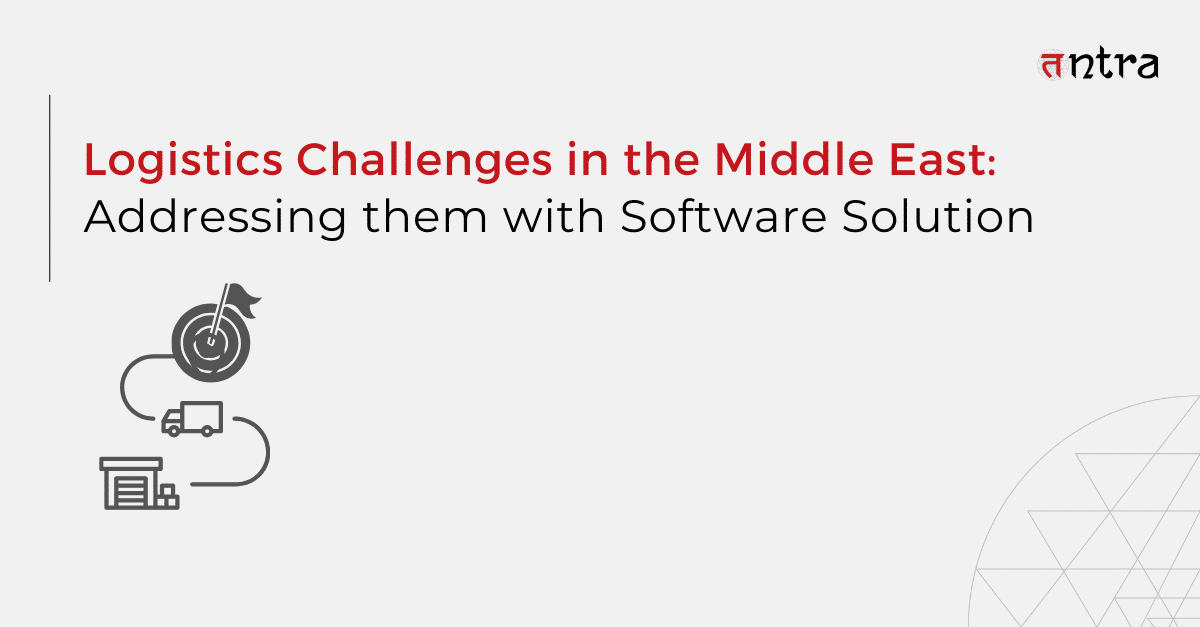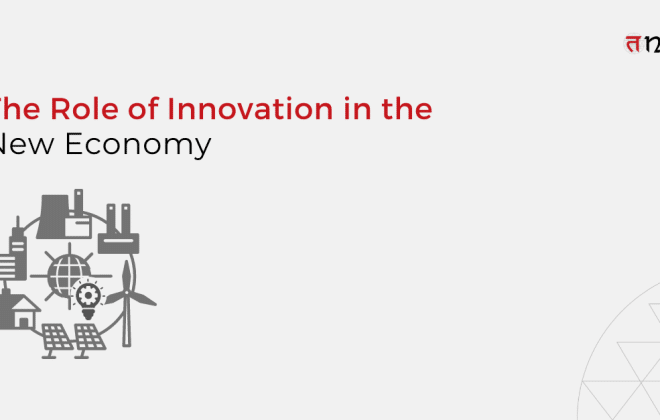
Logistics Challenges in the Dubai, UAE: Addressing them with Software Solution
Table of Contents
ToggleThe logistics sector is going through a massive transformation in the Middle East. Companies are investing heavily in software solutions that simplify managing their fleet and ease supply chain operations. As the e-commerce business multiplies in the Middle East region, logistics challenges arise twofold. Therefore, having a proper software solution to address these challenges can enable companies to gain a competitive advantage. Read the blog to know more.
Al Khayyat Investments (the AKI Group) transformed its internal transport business by deploying routing and scheduling software, resulting in more than $1 million in annual savings. Since investing in the logistics solution, the company has significantly increased productivity and decreased expenses by better managing its vehicles and drivers throughout the UAE. The AKI Group has reduced the fleet size by 38% while reducing the average cost per delivery by 65% by boosting average deliveries per vehicle by 164 percent. It eliminated one of its biggest challenges of logistics management.
Around 25,000 orders are processed by the AKI Group each month, which normally translates to 12,500 deliveries per month to up to 5,500 customer sites throughout the UAE. The company decided to use the routing and scheduling software to improve performance after realizing that manually planning such a sizable multi-drop delivery operation produced inefficiencies.
For even greater levels of route accuracy, the system also incorporates street-level mapping, Average Road Speed Data, and Route Execution, which offers a real-time view of the process.
Deliveries are made on behalf of various business divisions, including retail, consumer products, and healthcare, via the transport operation. The AKI Group has a mixed delivery fleet with several multi-temperature, compartmentalized interiors.
This is because there are severe logistics challenges in 2023 and laws in the UAE regarding commercial vehicles for food, non-food, and pharmaceutical goods. To maximize capacity while maintaining regulatory compliance, the transport team employs the routing and scheduling software to automatically take vehicle constraints into account when arranging deliveries.
Source: Paragon Routing
Middle East Logistics Market Overview
The size of the UAE logistics market is anticipated to increase between 2022 and 2027 at a CAGR of 7.23%. The market is expected to grow by 10.52 billion USD. The market’s expansion is influenced by several variables, including the expanding e-commerce sector, rising multimodal transportation use, and rising outsourcing of logistics software in the Middle East.

Consumer preference is quickly moving away from traditional retailers and towards online shopping. To serve these eCommerce companies, logistics service providers are quickly growing and upgrading their transportation and distribution operations. E-commerce development and better supply chain management solutions in the area are positively correlated.
By 2028, the Saudi Arabian supply chain management software market is projected to reach a value of US$46.05 million with a CAGR of 2.41%. This is due to the increasing demand amongst companies for transport software to meet their e-commerce requirements.
Addressing the Logistics Challenges in the Middle East with Software Solution
In the Middle East, companies must find ways to enhance their delivery services to fulfill client expectations. This involves employing excellent logistical methods, having a strong customer support group, and offering dependable on-time delivery services. Businesses may guarantee that their consumers receive their orders swiftly and safely by putting these procedures into place.
Software solutions are bound to take up a major chunk of the industry. The companies that use these solutions will benefit drastically from their implementation. It will improve their productivity and lead to higher efficiencies in the whole process.
- Support for eCommerce
- An increase in online orders or e-shopping is already being seen over the entire Middle East region. In the near future, this trend may continue to grow. In order to speed up logistics operations and deliveries, this will force businesses to strengthen their last-mile delivery procedures.
- In order to increase transparency and prevent delays, technologies to track orders and shipments in real-time will also be required.
- Streamlining the data flow
- The incorporation of cutting-edge software for transportation management, warehouse management, corporate resource management, etc., has been made possible by technology. This innovative technology eliminates the need for manual data entry and guarantees smooth data handling and interchange.
- Massive amounts of data are gathered and processed by modern data analytics technologies from various sources to find patterns, trends, customer preferences, and business insights. This data-driven strategy aids logistics firms in forecasting demand, streamlining routes, and promptly completing orders.
- Automating warehouse operations
- Inventory tracking, order processing, shipping coordination, and other warehouse operations are all controlled and managed by software used for warehouse management systems. It maximizes resource usage and provides real-time data insights for enhanced decision-making.
- Additionally, automation-enhanced conveyor systems sort and transfer commodities throughout the warehouse. They improve accuracy, reduce manual handling, and simplify order processing and fulfillment.
- Shifting to AI and automation
- Artificial intelligence and other technology will make it easier to forecast market shifts, customer demand, weather patterns, container shortages, and other things that can spur the logistics sector in the Middle East.
- In the Middle East, using logistics software will be the main focus in addition to utilizing AI to digitize current logistical procedures. Thanks to AI-based trackers and tools, organizations will benefit from real-time tracking and monitoring of shipments and consignments. Better business tactics will be made possible by these technologies.
Unlock Efficiency: Explore How Our Document Processing Platform Revolutionized Freight Forwarding. Read the Case Study Now!
Software Makes Logistics Easier in the Middle East
While digitizing processes will boost efficiency, which will benefit both businesses and customers, doing so will also draw in investors from around the world. Naturally, expanding operations in the logistics sector will enable logistics businesses to serve a wider range of clients.
Overall, the region is on track to fully realize its logistical potential thanks to the government’s strong backing and the businesses’ initiative to digitize logistics operations. Expect the Middle East logistics sector to become a dominant force in the global areas in the upcoming years because of the trends dominating the industry.
Tntra, a leading software product engineering company, is bringing its capabilities to the Middle East. If you are looking for supply chain management solutions, then our experts can help you.
Consult us today for FREE!






